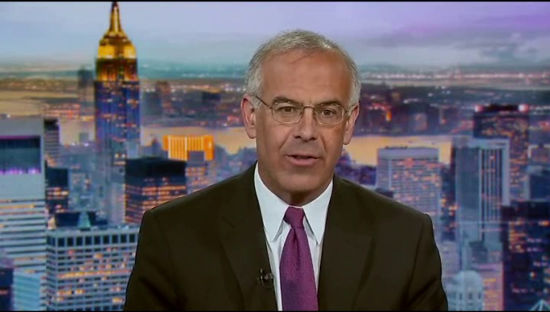In the pages of The New York Times, David Brooks reeled off a list of Really Good Books. He prefaces the list with this: “People are always asking me what my favorite books are. I’ve held off listing them because it seems self-indulgent. But, with summer almost here, I thought I might spend a couple columns recommending eight books that have been pivotal in my life.” [He actually recommends more than 8 in the end.] Some of the books will help you think about living a life of “civilized ambition.” Others will nurture your inner spirit. And still others will help you think more intelligently about writing and politics. Along the way, he adds a quick caveat about what these books “can’t do.” “They can’t carve your convictions about the world. Only life can do that — only relationships, struggle, love, play and work. Books can give you vocabularies and frameworks to help you understand and decide, but life provides exactly the education you need.”
The list was published in two parts: Part 1 and Part 2. In each installment, Brooks explains why he selected each work. Where possible, we have provided links to texts available online. You can also find them listed in our collection, 800 Free eBooks for iPad, Kindle & Other Devices.
1. A Collection of Essays by George Orwell
2. Anna Karenina by Leo Tolstoy
3. “Rationalism in Politics” by Michael Oakeshott
4. All the King’s Men by Robert Penn Warren
5. The Peloponnesian War by Thucydides
6. The Confessions by St. Augustine
7. The Lonely Man of Faith by Joseph Soloveitchik
8. Man’s Search for Meaning by Viktor Frankl (see Frankl talk about that great search here.)
9. Middlemarch by George Eliot
10. Endless Love by Scott Spencer
Related Content:
Stephen King Creates a List of 96 Books for Aspiring Writers to Read
Neil deGrasse Tyson Lists 8 (Free) Books Every Intelligent Person Should Read



“Endless Love??”
This is the right-wing nut that recommended The Bell Curve. Why would anyone care what he thinks? He’s a tool of the Republican Party. Get real.
“Why would anyone care what he thinks?”
Because living life inside an echo chamber is generally detrimental to one’s intellectual development.
Since when does being right wing and republican negate the value of works by the likes of Tolstoy, Thucydides and Augustine? Classics are classics no matter who the endorser is
And not a one in the top 8 written by a woman. Sigh…
FYI, George Eliot is actually a woman. Real name was Mary Ann Evans. http://en.wikipedia.org/wiki/George_Eliot
david brooks reading list part 1